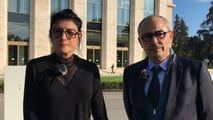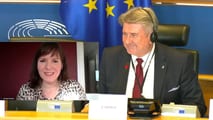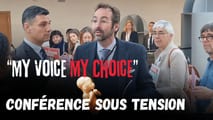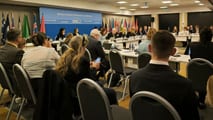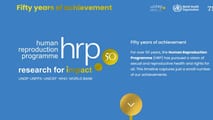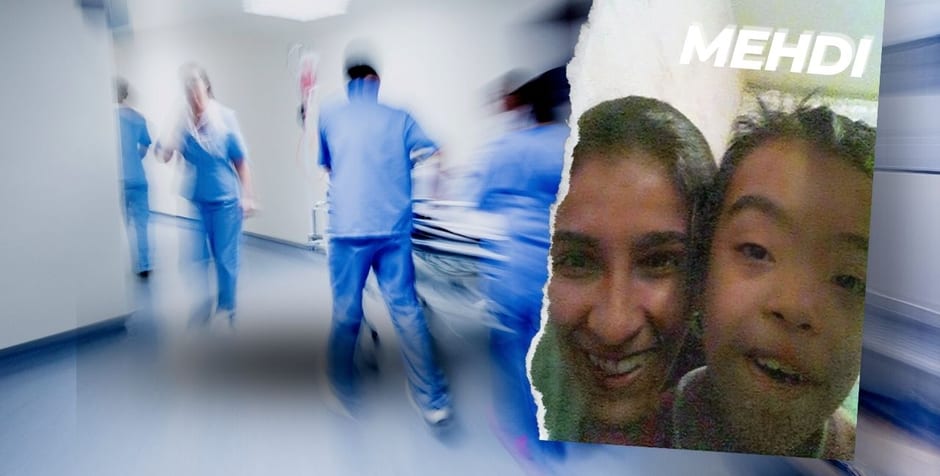
This is the story of a 16 year-old-boy, whith Down syndrome, who finds himself one day with fever and difficulties to breathe. His worried mother brought him to the emergency and, after a few tests, the medical team decided to treat him with antibiotics. Despite this treatment, Mehdi's health continued to deteriorate for 15 days. A heavy "catch-up" operation[1] is performed but, eventually, Mehdi El Bekri died on January 30, 2016 in the hospital.
Today, his sister Jamila claims that the medical team refused the effective protocol treatment to her little brother because of his disability and disconnected him after a heavy operation that could have been avoided if Mehdi had been properly taken care of. Suffering from a "purulent pleurisy" clearly identifiable on the pleural ultrasound performed upon his arrival in the emergency room on January 14, 2016, it was absolutely necessary to get this pus out of Mehdi's rib cage. Without such a removal, antibiotics alone would prove ineffective in all cases. According to the documents in the file, the medical team of the hospital did not perform this protocol operation, although essential, for fear that Mehdi, because of his disability, would tear out his drains.
Despite Jamila's determination to prove that the poor medical care led to the death of her little brother, she is confronted with the institutional power of the hospital and the indifference of justice. Indeed, two days before his death, the hospital reported Mehdi El Bekri's mother to the courts. The public prosecutor's office of Nancy immediately withdrew the parental authority in matters of care from Mehdi's mother. The fact is that, Mehdi, a minor, died two days later in the hospital. In such circumstances, the State should have immediately investigated to establish whether anyone was criminally responsible for Mehdi's death and to answer several fundamental questions: What was the hospital blaming Mehdi's mother for? Why was his entire family forbidden to visit him? Why was the treatment and surgery not effective? Why wasn't the standard care protocol given to Mehdi? Why wasn't the original medical record seized? Last but not least: Did Mehdi really die following the failure of the operation or was he "unplugged" without even the advice of his family, as some evidence of the file suggest?[2]
No investigation was carried out to answer these fundamental questions, except for an expert opinion requested by the family. The latter had all the difficulties in the world to obtain the entire medical file of the young man. It is like if the words of the doctor and the expert were indisputable before the courts. "These things happen" they say in substance, so there is no need to investigate to possibly hold the hospital responsible.
It is serious and worrying that a investigation did not take place in such circumstances.
Beyond the particular and tragic case of Mehdi El Bekri, this case highlights two major medical issues in our country today: eugenics and euthanasia.
First, the great ambivalence of doctors towards disability. Before birth, children with Down syndrome are clearly considered as not having any interest to live; and the vast majority of medical personnel push women to abort the child they are carrying. According to the Fondation Lejeune, approximately 96% of Down syndrome children are aborted during pregnancy. It is almost automatic and the delay to perform such an abortion is especially long: until the last day before birth. With such a policy of eliminating Down's syndrome babies, can one believe that once born, these children will not be discriminated against because of their handicap?
An audio recording and a document of the file provided to us allow us to affirm that it is indeed because of the handicap that the medical team did not want to put drains in Mehdi. Assuming that this was medically justified, were there no other technical solutions to treat him properly?
Because of its institutional structure, the hospital will always have a substantial advantage over the families in the event of a legal dispute. The hospital is made up of health professionals: they are the experts, whereas the families do not generally have any medical knowledge. The doctors and the administration can easily support each other; they are the ones who have the medical records, etc. This case and a multitude of others show that it is extremely difficult and sometimes impossible for the families of victims to win their case for medical error. In the context of the debate on euthanasia and assisted suicide, this fact should be of concern to the French. Abuses already occur in countries where these practices are legal and everything indicates that if doctors are given the right to kill a patient, abuses and pressures of all kinds will inevitably occur.[3]
The day is near when, like Tom Mortier, we may receive a letter from the hospital telling us that our mother has requested euthanasia and that we must come and collect her belongings. We will then ask a commission to verify that the procedure has been respected and we will realize that the doctor who euthanized our mother also sits on the control commission...
_____________
[1] Arnaud Scherpereel, « Pleurésie purulente : le chirurgien compte définitivement pour du beurre (ou presque !) », Société de pneumologie de langue française, 15 décembre 2014, accessible ici.
[2] Voir notamment le document de « gazométrie sanguine » dans la vidéo à 11 minutes et 45 secondes ainsi que la pièce D125 du dossier pénal qui indique encore que la veille de son décès, le 29 janvier 2016, Mehdi a les « pupilles symétriques et réactives, soin des yeux ++, langue abimée. Réagit aux soins : tousse à l'aspiration, sursaute, cligne des yeux. »
[3] Voir également l’application délicate des directives anticipées et l’opposition entre la famille et le corps médical : Daniel Vigneau, « Confirmation par le Conseil d’État du pouvoir du médecin d’écarter des directives anticipées inappropriées ou non conformes », Dalloz, 4 janvier 2023, accessible en partie ici.


